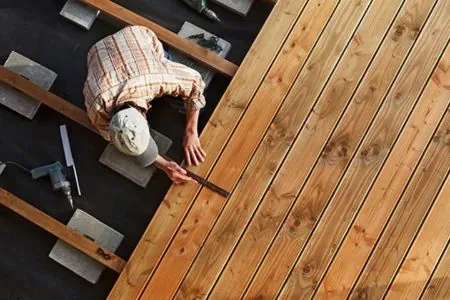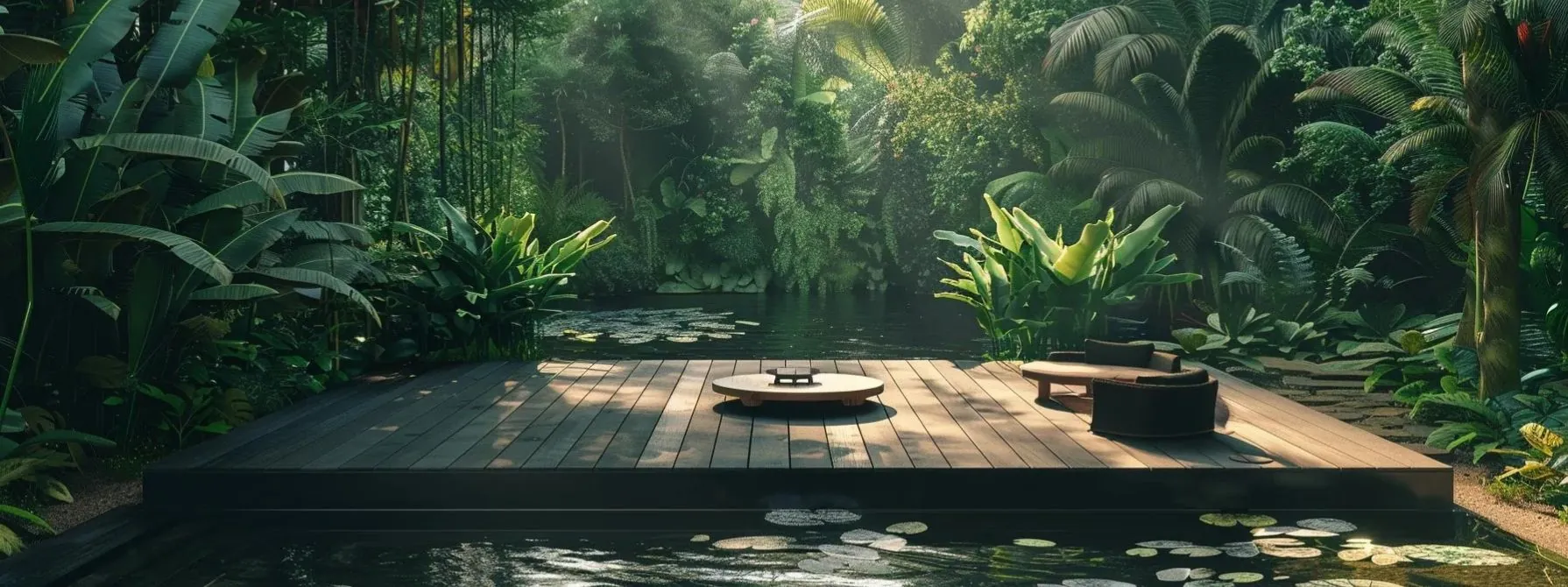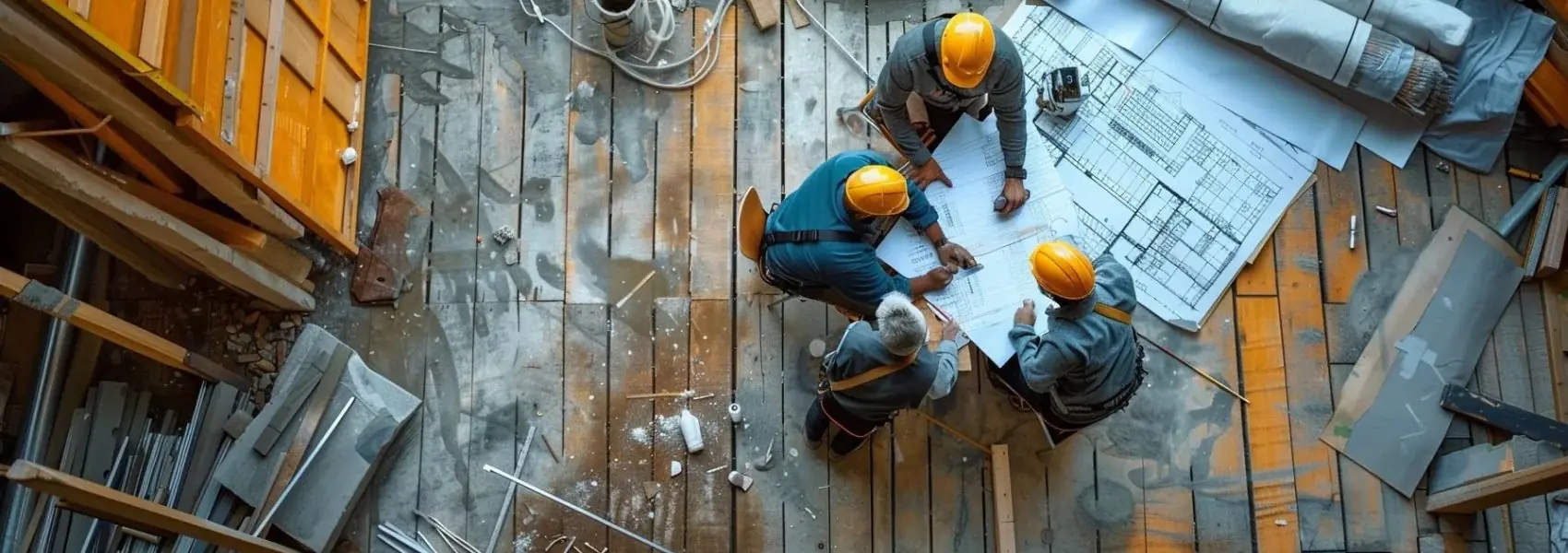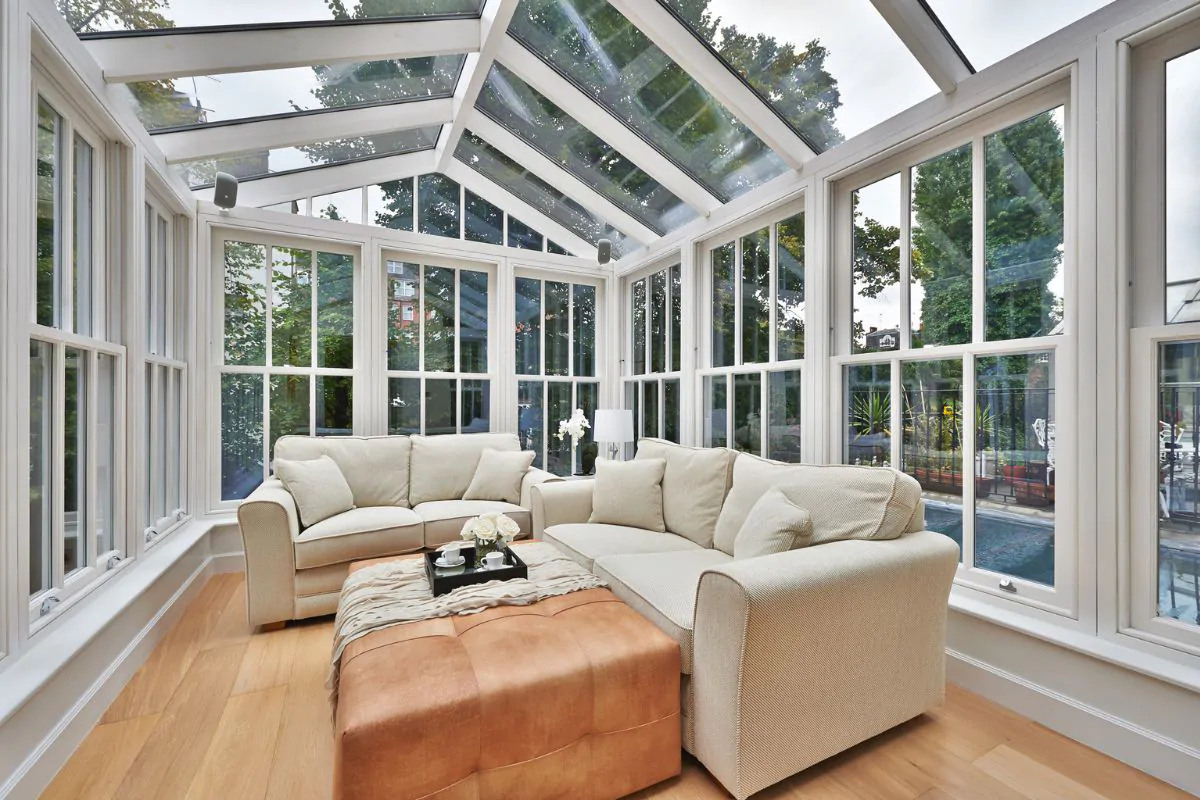Selecting the right pool decking material is crucial for both safety and beauty in your outdoor California oasis. Options include natural materials like rock and wood, known for their visual appeal, as well as practical choices like water-resistant brick and concrete. Each material offers distinct advantages and disadvantages, affecting durability, maintenance, and appearance.
Essential Key Takeaways for Choosing Pool Decking Options
● Selecting the right pool decking material is essential for both safety and beauty, with options like natural stone, wood, composite, concrete, and pavers.
● Natural materials like travertine and wood offer visual appeal, while practical options like concrete and pavers are known for durability and heat resistance.
● Composite decking is gaining popularity due to its low maintenance, durability, and range of customizable styles and colors.
● Natural stone, such as travertine and marble, offers timeless elegance but requires more maintenance and has a higher upfront cost.
● Wood decking provides a warm, natural look but needs regular upkeep, including sealing to protect against weather and pool chemicals.
● Modern pool decking trends focus on eco-friendly materials and innovative designs, combining aesthetics with functionality to suit contemporary outdoor spaces.
Understanding Your Pool Decking Options
Choosing the best pool decking enhances the functionality and appearance of your pool deck surface. Knowing the different types of pool decking helps ensure durability, safety, and long-term satisfaction.
A. Factors to Consider Before Choosing
Begin by focusing on waterproofing to prevent long-term issues such as mildew, which can damage the deck and its appearance. Also, consider how materials handle heat. For example, travertine remains cool even in hot weather, offering a comfortable surface for bare feet. A heat-resistant material can significantly enhance the poolside experience, making it more enjoyable on sunny days.
B. Comparing Durability and Maintenance Needs
Durability is critical for selecting the best from the various pool decking options. Stone or concrete pavers are robust and can withstand heavy use and weather conditions. However, they require regular maintenance to prevent weed growth and shifting. Porcelain tiles offer a balance of durability and low maintenance, resisting water absorption and fading. They are easy to clean with mild soap and water, making them a practical choice for poolside areas.
C. Aesthetic Appeal and Compatibility With Your Home
Choose pool decking that complements your home’s style while meeting practical needs. Composite pool deck materials offer various textures and colors, providing a durable option that can be customized to match your home’s design. Alternatively, porcelain tiles can mimic natural stone or wood, adding a stylish touch.
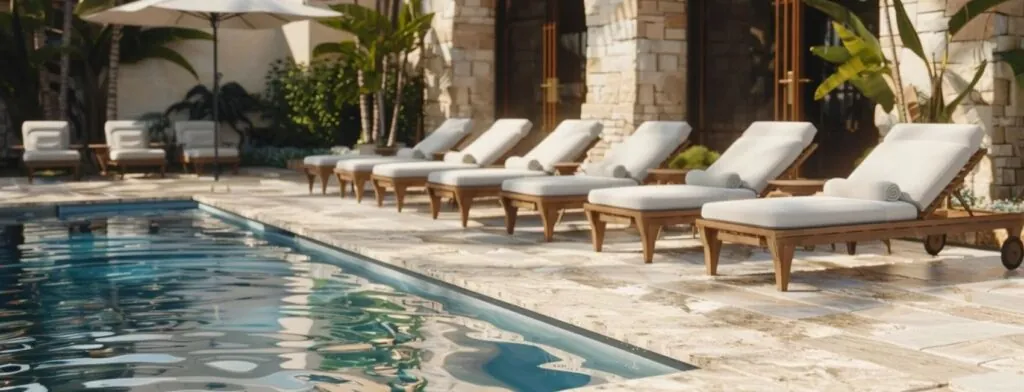
Types of Pool Decking
1. Concrete and Pavers
Comparing concrete and pavers as one of the pool decking options to choose from helps homeowners assess the overall appearance and safety of their outdoor area. Understanding these differences ensures an informed decision that suits both budget and style.
A. Benefits and Limitations of Concrete Pool Decks
Concrete decking is durable and can be customized with different colors and textures, fitting various design preferences. It provides a smooth surface that can mimic more expensive materials. However, concrete can develop mold in damp conditions and become very hot in the sun, impacting comfort and maintenance. Regular cleaning and proper sealing can mitigate some of these issues.
B. Advantages of Pavers Over Concrete
Pavers are advantageous in areas with fluctuating temperatures due to their interlocking design, which accommodates natural expansion and contraction, preventing cracks. They might have a higher initial cost but often require less maintenance, potentially saving money in the long run. Additionally, some pavers allow water to pass through, which reduces runoff and minimizes potential insect breeding sites.
C. Cost Considerations for Both Materials
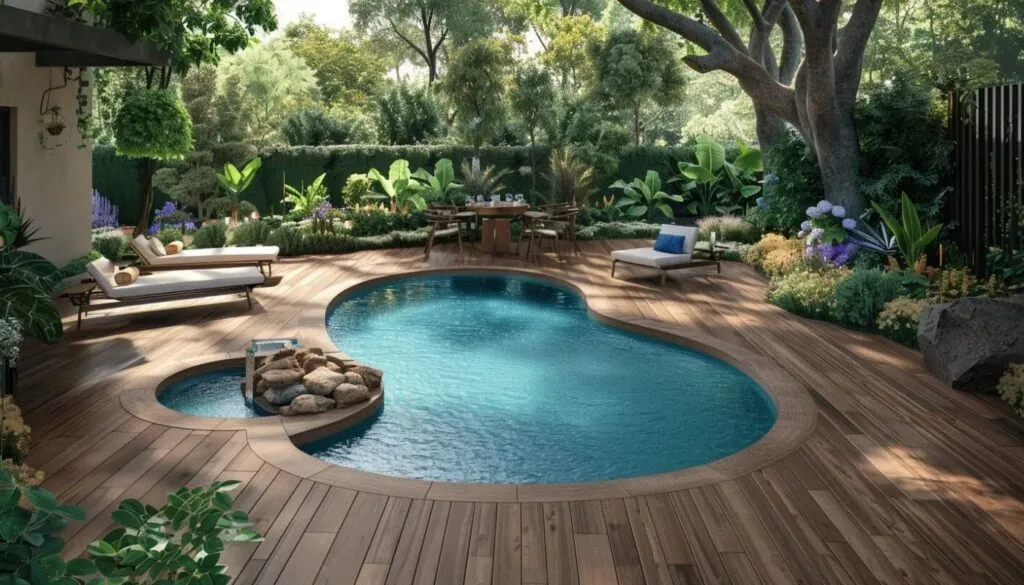
Evaluating costs involves looking at both initial and long-term expenses. Pavers, like limestone, may have a higher upfront cost but offer better stain resistance and lower maintenance needs over time. Concrete typically costs less initially but may require additional expenses for sealants and maintenance to address staining and damage. Consider the total cost of ownership when making your choice.
Related Post:How Much Does an Above-Ground Pool Deck Cost? A Quick Look
2. Composite Decking Around Pools
Composite decking is becoming popular for pool areas due to its blend of aesthetics and low maintenance. Unlike traditional materials like wood, which require regular staining and sealing, composite decking resists fading, staining, and mold.
A. Why Composite Decking Is a Popular Choice
Composite decking is favored for its various colors and styles, allowing it to blend seamlessly with different home exteriors and design schemes. It requires minimal maintenance compared to natural materials like wood or bluestone, which need regular upkeep. Homeowners appreciate that composite decking reduces the effort required to maintain their outdoor space, letting them focus more on enjoying their pool area rather than labor-intensive care.
B. Longevity and Maintenance of Composite Materials
Composite decking is known for its durability and resistance to the elements, reducing the need for frequent maintenance. It withstands wear from furniture and foot traffic better than wood or specific stones. Many composite options come with warranties, offering additional reassurance. To keep it looking good, clean the decking with soap and water occasionally, avoiding the need for refinishing or replacement, which makes it a cost-effective choice in the long run.
C. Creative Designs With Composite Decking
Composite decking supports a range of creative design possibilities, enabling homeowners to create personalized outdoor spaces. It can craft intricate patterns and layouts that mimic traditional hardwood floors. This material also allows for construction of durable, stylish features like stairs, enhancing safety and aesthetic appeal. Composite decking offers a flexible solution for integrating design elements that flow seamlessly from the home to the pool.
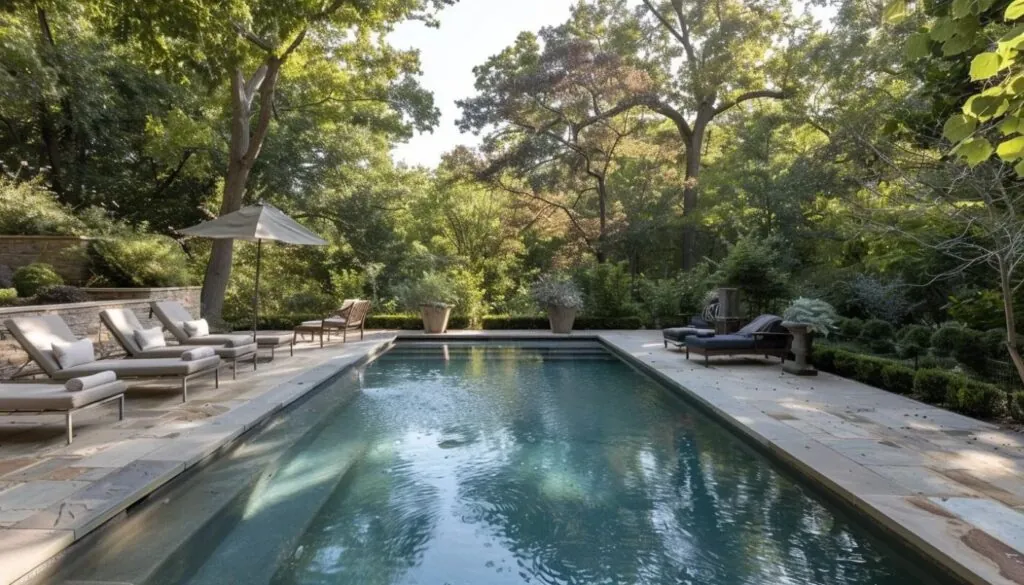
3. Stone Decking: A Timeless Choice
Natural stone decking offers elegance and durability for pool areas. Though costlier than concrete, its timeless appeal and resilience add significant value to any property.
A. Types of Stone for Pool Decking
Various natural stones are suitable for pool decking, each offering distinct advantages. Marble is known for its elegant appearance and excellent surface, making it a luxurious choice. Travertine absorbs moisture, making it slip-resistant and safer around pools. Flagstone provides a textured, rustic look that complements outdoor spaces well. These stones are durable and maintain character across different weather conditions, making them a reliable choice for pool decking.
B. Caring for a Stone Pool Deck Surfaces
Proper maintenance of a stone pool deck involves regular cleaning and sealing to prevent stains and water damage. It’s crucial to check the grout between the stones, as it can degrade over time. Repairing or replacing damaged stones may require specific masonry tools and techniques. Regular upkeep helps ensure the deck remains in good condition and retains its aesthetic appeal, avoiding costly repairs in the future.
C. Stone Decking Costs and Value to Your Home
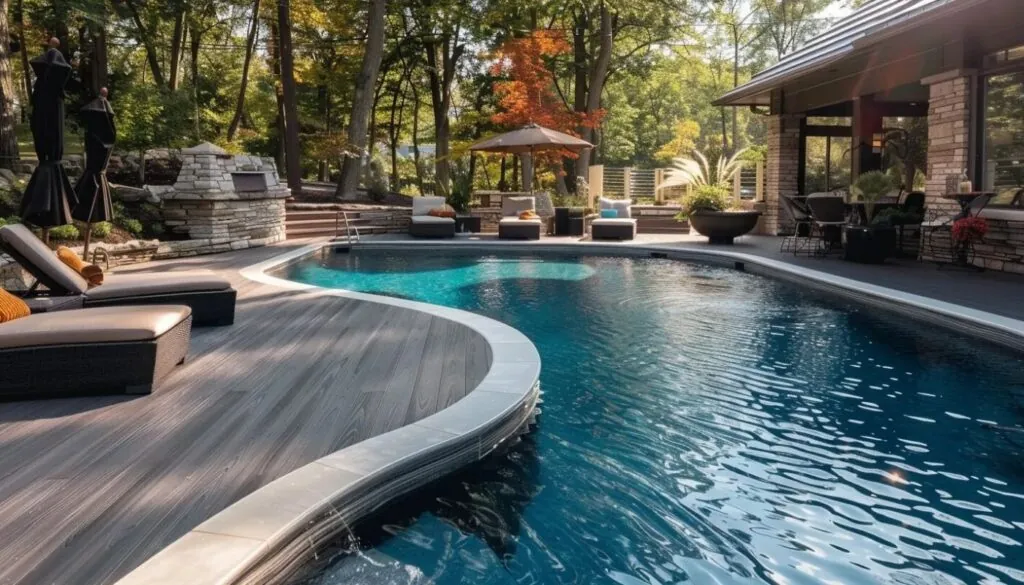
Natural stone decking, such as sandstone, usually comes with a higher upfront cost than precast concrete options. However, its upscale appearance can enhance the property’s market value and complement architectural details. Expert installation is often required, particularly for intricate designs, which can further increase the initial investment. This more significant investment can more than pay for itself over time in terms of durability and aesthetic appeal.
4. Wood Decking in Pool Areas
Wood decking offers a warm, natural aesthetic that can enhance any pool area. With various wood options and finishes, homeowners can achieve a durable and visually appealing pool deck that complements their outdoor environment.
A. Selecting the Right Wood for Pool Decks
When selecting wood for pool decking, choosing a type that can handle exposure to pool chemicals like chlorine is essential. Woods that resist chlorine damage will remain structurally sound and visually appealing. Additionally, using high-quality screws can prevent warping and shifting, which can compromise the deck’s integrity.
B. Maintenance Tips for Wood Decks
Maintaining wood decks around pools requires regular application of a high-quality sealant to protect against weather-related damage. This sealant helps preserve the wood’s integrity, similar to how mortar protects brickwork. Alternatives such as PVC decking can also be considered for those seeking durability with less upkeep, ensuring the deck remains in top condition over time.
C. Achieving a Natural Look With Wood
Wood decking provides a natural, warm appearance that complements pool areas beautifully. The wood’s grain patterns and earthy tones create a pleasing contrast with the pool’s water, enhancing the overall aesthetic of the outdoor space. While ceramic coatings can mimic wood, authentic timber offers a unique warmth and character.
Similar Post:Decking Materials – Wood vs. Composite
5. Other Pool Decking Materials and Trends
Pool decking materials are evolving with advancements that offer both style and functionality. These innovations cater to homeowners who seek both aesthetic appeal and practical benefits, creating stylish, sustainable pool decks that fit contemporary home designs.
A. Exploring Eco-Friendly Decking Options
Eco-friendly decking materials are becoming more popular for pool areas. Composite wood is a notable choice, as it reduces the need for new timber while providing durability and environmental benefits. Another sustainable option is brushed concrete, which reduces surface runoff and helps maintain groundwater quality. This type of concrete offers an attractive, non-slip surface that supports ecological health.
B. The Latest in Decking Technology and Materials
Advancements in decking technology have introduced highly durable materials designed for modern pools. New composite materials are now available, offering enhanced longevity and minimal maintenance requirements. Additionally, the trend towards custom pools has increased demand for personalized pool decking options. The right decking can make all the difference, especially for custom pool designs.
C. Design Trends in Modern Pool Decking
Modern pool decking trends focus on aesthetics and functionality. Wood deck resurfacing is a popular method to refresh existing decks without complete replacement. Concrete pool refinishing is also trending, offering solutions to rejuvenate worn surfaces with vibrant new looks. Additionally, precision-crafted poured concrete pool coping integrates seamlessly with contemporary deck designs.
Conclusion
Selecting the perfect pool decking influences your outdoor space’s appearance and functionality. Composite decking is durable and low-maintenance; natural stone adds timeless elegance, while wood offers warmth but requires more upkeep. Balancing factors like climate, maintenance, and budget ensures a pool deck that suits your lifestyle and enhances your home. Don’t put off your new decking any longer! Call Zappa Deck Builders today to get started and work with the local deck-building pros!
FAQs
1. What is the longest lasting swimming pool deck material?
The most durable pool decking materials include concrete pavers, natural stone (such as travertine or marble), and composite decking. These materials are designed to withstand heavy foot traffic, weather changes, and moisture exposure.
2. What is the best non slip option to use for swimming pool decks?
Materials like travertine and composite decking are slip-resistant, while concrete can become slippery when wet. It’s important to choose a material that provides a safe, non-slip surface for pool areas.
3. Are eco-friendly pool decking options available?
Yes, eco-friendly options like composite decking made from recycled materials and brushed concrete, which reduces surface runoff, are available. These materials provide sustainability without compromising style or durability.
4. How do I maintain my pool decking to ensure longevity?
Regular cleaning with mild soap and water is sufficient for most materials like composite decking. Natural stone and wood decks may require sealing and more extensive care to prevent weather damage and maintain their appearance.
5. How do I choose the best pool decking material for hot climates?
For hot climates, consider materials with heat resistance, such as travertine, which stays cool even in direct sunlight. Composite decking also offers heat-reflective options, providing a comfortable surface for walking barefoot.

